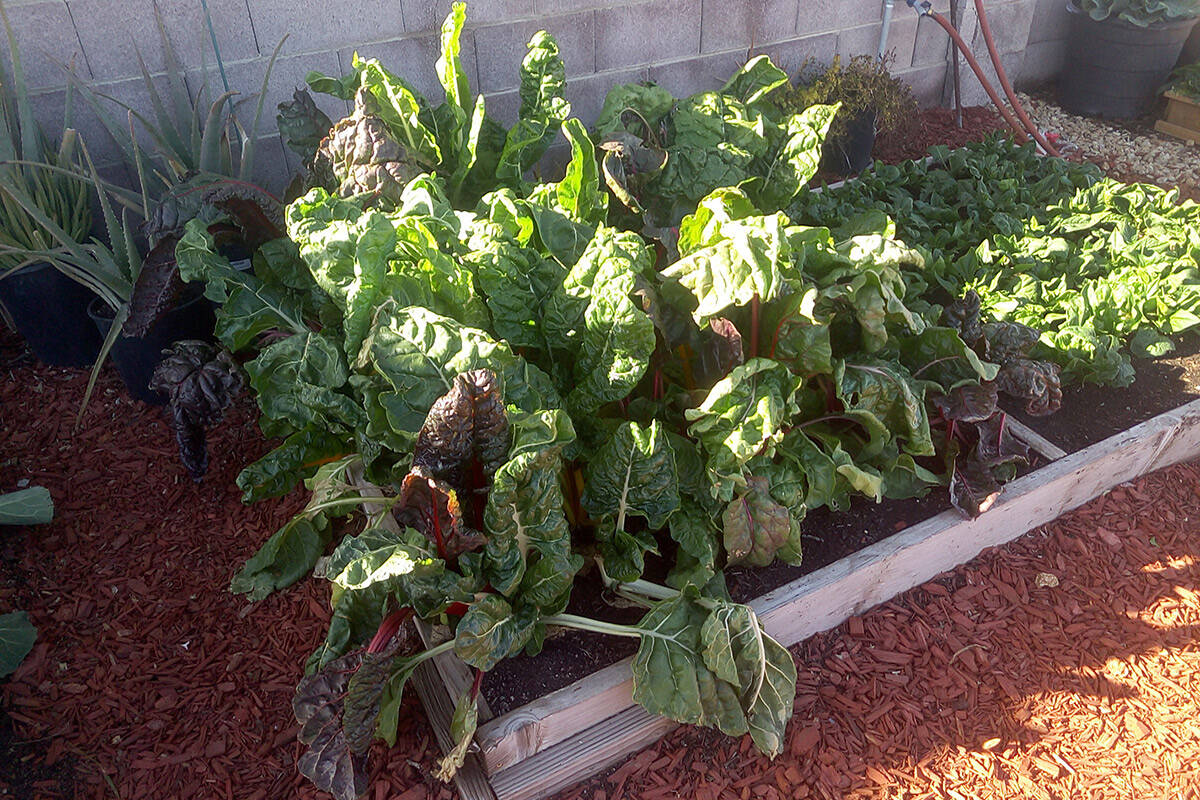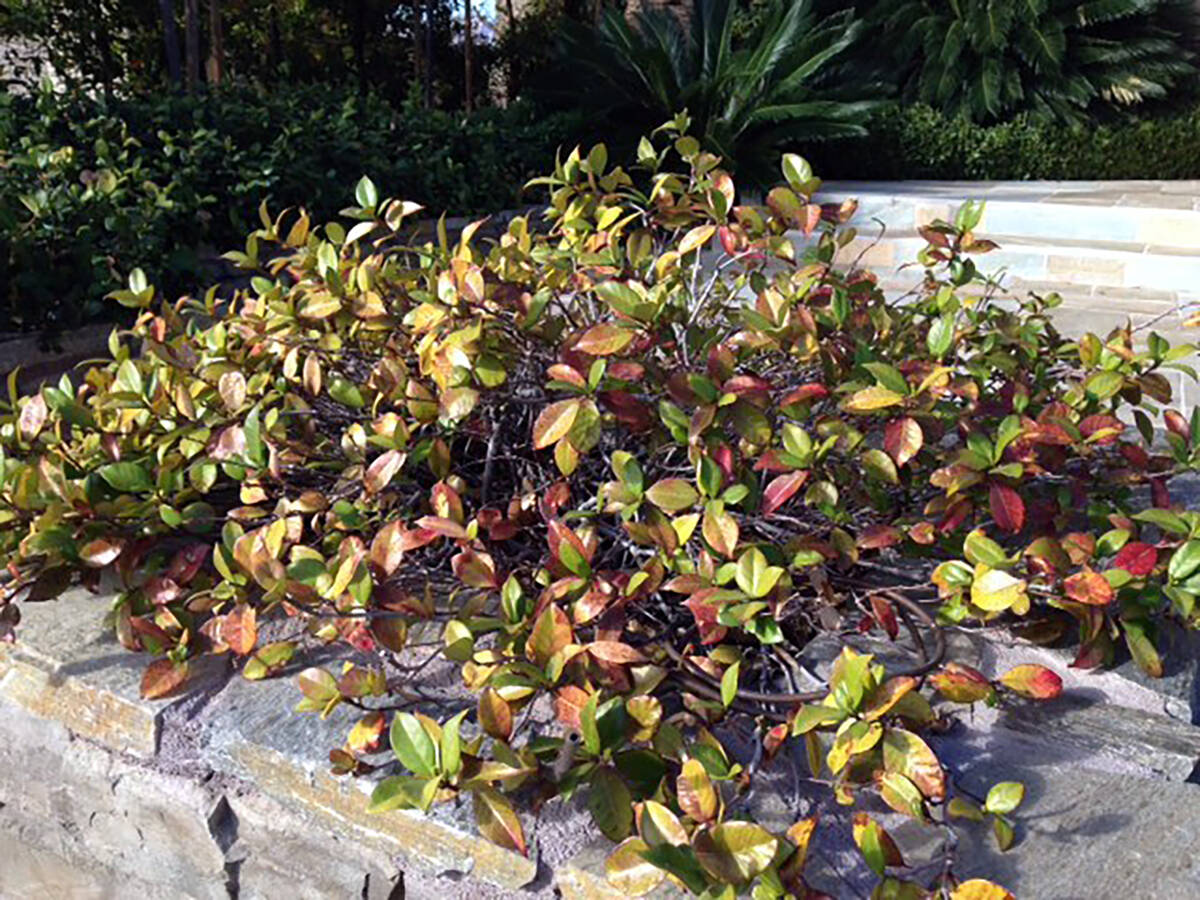Advice on raised planter beds, star jazmine plants
Q. I need to replace my raised beds this year. The old ones are made from cedar and have lasted 10-12 years. I am considering switching to pressure-treated due to the cost difference. My question is, is that OK for my vegetables? I am told that the chemicals used today are not a real health risk. Any thoughts or comment would be helpful.
A. The best wood for making raised beds naturally, without human-made preservatives, are redwood and cedar. The fastest decaying woods are “pines.” Ask your provider which preservatives are used in your wood. The older chemicals used combinations of arsenic, chromium, creosote, and pentachlorophenol. The older chemicals killed everything including humans if the concentration was strong enough.
My understanding is that the chemicals used to treat lumber now are not as much of a health problem as the older ones, but they can still be a health problem. The typical lumber preservatives used now in the homeowner lumber industry are: Alkaline copper quaternary (ACQ), borates, copper azole, copper naphthenate, copper-HDO (Ncyclohexyldiazeniumdioxy-copper), and polymeric betaine. Coppers are still a good bet for disease (rot) control but they may, at the least, cause some nasal irritations. Find out if the treatment used is acceptable for raised beds before purchasing.
They are still chemicals but chemicals which may not pose as much of a health problem for humans (and groundwater) as the older chemicals. You can’t get away from “chemicals” but you can pick chemicals which are “safer” to use around humans and the environment.
Getting ten years out of a raised bed is acceptable. I would still use redwood or cedar, and plan for replacement, instead of preservatives.
Q. I have a star jasmine and it froze last winter. What can I do to get it back?
A. Where are you located? That plant doesn’t freeze until it gets winter temperatures around 5 degrees F (USDA plant hardiness Zone 7) or perhaps a little bit colder. I would suggest that your winter temperatures may not be warm enough and you might be in the wrong USDA hardiness zone for this plant. In Las Vegas we are in USDA zones 8b through 9a (Sunset zone 11).
If the top froze to the ground, you might be able to grow it as an herbaceous perennial which means it might come back from the roots or crown after the top freezes to the ground. Some winter tender plants will do that. It just depends on the plant.
One of our plants that will “come back” after mild winter freezing temperatures is bougainvillea. Apply a layer of wood chip mulch to keep the roots or crown from freezing and apply water and fertilizer when it starts to grow again. When winter temperatures approach freezing temperatures, surround the plant with wood chips. I use a one or five-gallon plastic container filled with wood chips to protect the plant from winter cold until the warmer temperatures of spring arrive.















